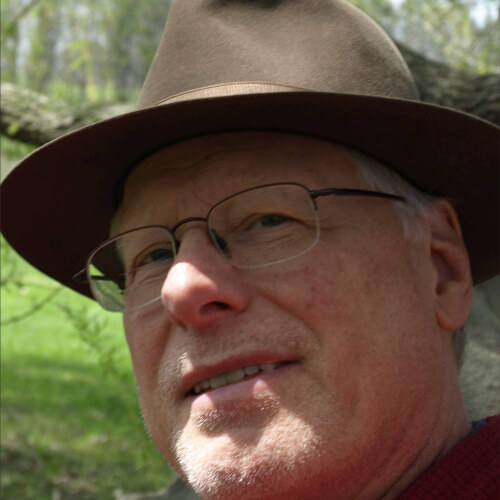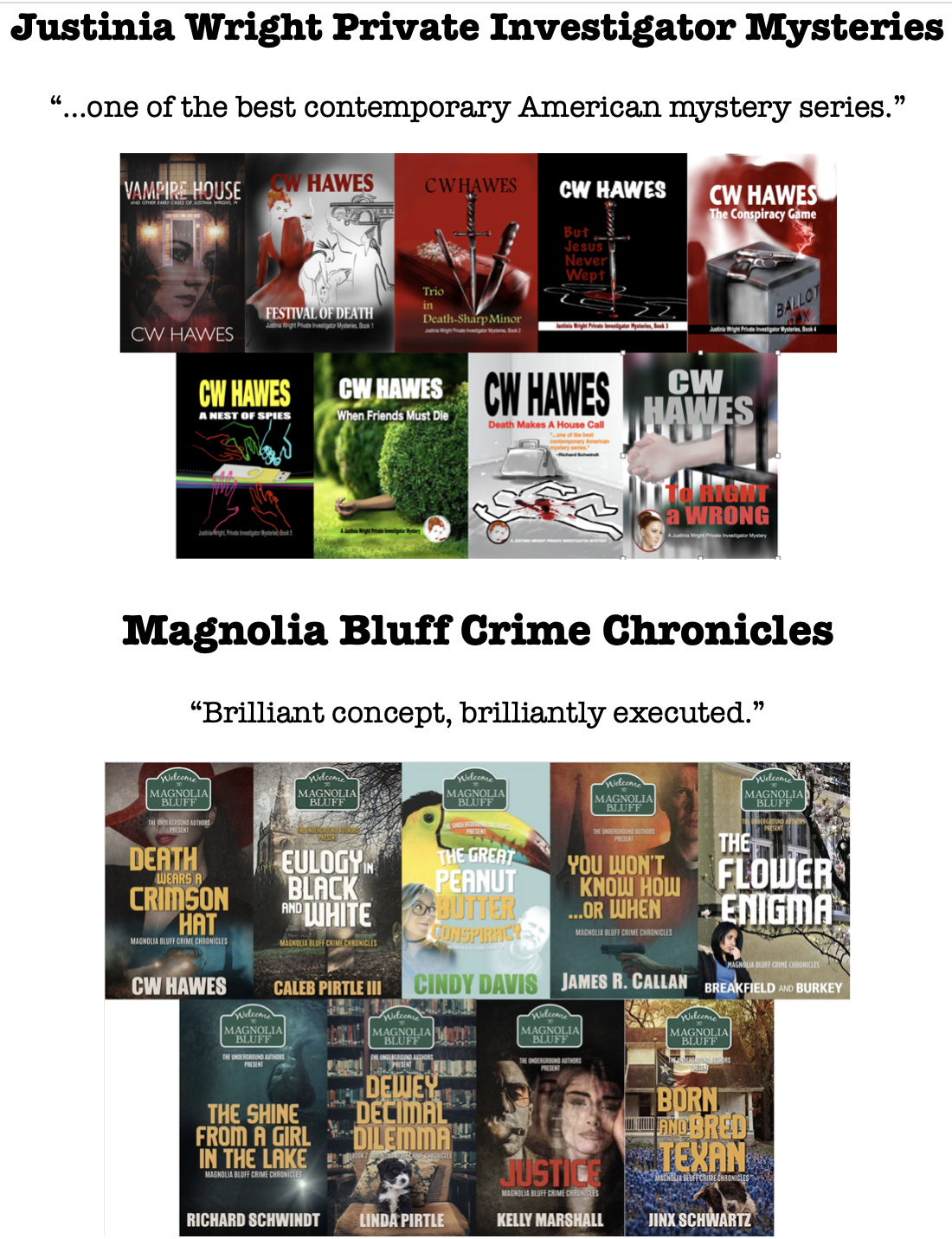Harlan Ellison was known for his opinion that writers write. And he proved this time and again by writing at parties and in bookstore windows, just to name two frequent out of the norm places.
For Ellison, the circumstances of a writer’s life does not matter. Writers will write no matter what is going on in their lives.
Personally, I agree with Ellison. And therefore I find the writing habits of writers, especially those of successful writers, to be a most interesting study. And an instructive one as well.
Anthony Trollope
Anthony Trollope is my mentor when it comes to writing. He was a living example of Ellison’s Dictum.
After feeling his way into the writing business through three failed novels (and Trollope did view writing as a business), he hit upon his writing model.
Trollope’s manservant would wake him at 5 AM and provide him with a cup of coffee. (The servant was paid extra for this duty.) Trollope would go to his desk and spend a half-hour reviewing what he’d written the previous day.
After his review, he set his watch on the desk and proceed to write by hand with a dip pen one 250 word page of text every 15 minutes.
At the end of 2 1/2 hours, he put his pen aside and got ready for his workday at the post office. Another 10 pages and 2500 words of his story or novel under his belt.
Of note, Trollope kept a journal recording when he failed to meet his goal and why. He would then do his best to eliminate whatever it was that got in the way of him reaching his goal. Very instructive that.
Trollope maintained his part-time writing schedule for his entire life, even after he finally left his post office employment.
His annual word production amounted to over 760,000 words. Not too shabby for a part-time writer.
Hugh B. Cave
Hugh Cave began his writing career at the beginning of the 1930s. During that decade he sold 800 stories to pulp magazines. Which comes to 6 or 7 stories every month. And most of the stories were in the novelette word range.
That’s one heck of a lot of words.
Cave slowed down in the 1940s when he switched to writing for the higher paying slick magazines. During the 40s, he “only” sold around 350 stories. He might have written more, but he did take time off to fight a war.
Writers do indeed write.
The King of the Pulps
H. Bedford-Jones “…considered writing his profession in life, a means to be financially independent…” (King of the Pulps: The Life & Times of H. Bedford-Jones by Peter Ruber, Darrell C. Richardson, Victor A. Berch, p. 53)
To that end, in his 40 year career, Bedford-Jones wrote some 25 million words. An average of 625,000 words per year.
Although his output was undoubtedly greater in the first two-thirds of his career, as ill health slowed down his writing greatly in the last years of his life.
Bedford-Jones kept four typewriters busy — each with a different story.
If he reached an impasse in the story he was working on (he was a pantser and made it up as he went along), he simply slid over to the next typewriter and worked on that story.
HB-J believed writers write. No time for writers block.
The Perry Mason Man
Erle Stanley Gardner, a good friend of H. Bedford-Jones, while a partner in a law firm, wrote 100,000 words a month and endured a 90% rejection rate in order to learn the craft of writing.
But Gardner persevered through the rejections until Perry Mason made him wealthy. The rejection slips were worth it.
Writers Write
I can go on, but I think you get the point. And I haven’t even touched upon the writers working today who turn out a prodigious amount of words in order to make a buck.
Ellison was right: writers write. They do so because they have to. They are compelled to do so by a force within their beings. I know, because it is true for me.
As a reader, I’m glad writers write. Very glad. Because I am assured of an endless supply of other lives and other worlds and other experiences that I may make my own.
I am grateful for writers who write and wish for them very long careers.
Comments are always welcome! And until next time, happy reading!
 CW Hawes is a playwright; award-winning poet; and a fictioneer, with two bestselling novels. He’s also an armchair philosopher, political theorist, social commentator, and traveler. He loves a good cup of tea and agrees that everything’s better with pizza.
CW Hawes is a playwright; award-winning poet; and a fictioneer, with two bestselling novels. He’s also an armchair philosopher, political theorist, social commentator, and traveler. He loves a good cup of tea and agrees that everything’s better with pizza.
If you enjoyed this post, please consider buying me a cup of tea. Thanks! PayPal.me/CWHawes
Justinia Wright Private Investigator Mysteries on Amazon!
Magnolia Bluff Crime Chronicles on Amazon!
Share This!


Great stuff! It was Erle Stanley Gardner who once told an editor (in writing), “It’s a damned good story. If you have any comments, write them on the back of a check.”
Among these writers, one would think I would most emulate Anthony Trollope, given my penchant for disciplined construction templates. But, alas, I’m firmly in the camp of Bret Easton Ellis; it is pointless for me to try to write when I’m not “feeling it.” Anything I write during those times makes great liners for the bird cage.
I envy these guys, and maybe they’re the proof that I’m not a real writer. I might feel differently had I ever made any substantial income from it, but it is and always has been a hobby for me, hobby, as in something that shouldn’t feel like work! Thanks for the insight into the techniques of these guys who could really get it done. Most educational…
Gardner may have said that once, but what he usually did was write the editor and ask him what he could do better so that the editor would buy his next story. Must’ve worked because Perry Mason made him rich. Of course, Gardner did a lot of research into what readers wanted to read, and he gave them that.
If you only want to be a hobbyist, then Ellis’s position is fine. However, if you want to make money from your writing – or try to – then you have to write when you don’t feel like it and fix it during the editing.
And for indie writers, if you don’t invest a lot of time marketing — you won’t make squat. It’s all in the marketing. Not the writing. At least for us indies. And there are a lot of crappy books out there making boatloads of money for their authors.
But if you don’t have lots of product, then you don’t have anything to market. The indie maxim is write fast and publish often — and market the heck out of it.
Writing as a hobby is fine and easy. Writing as a business takes a lot of work. More work than most of us want to bother with.
Thanks for stopping by, Jack!